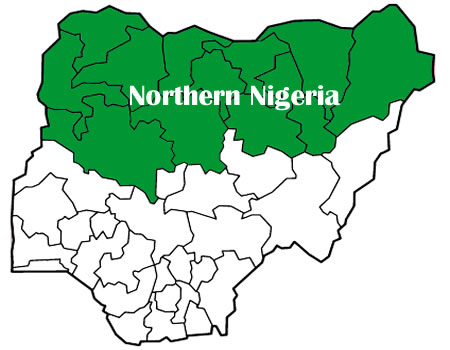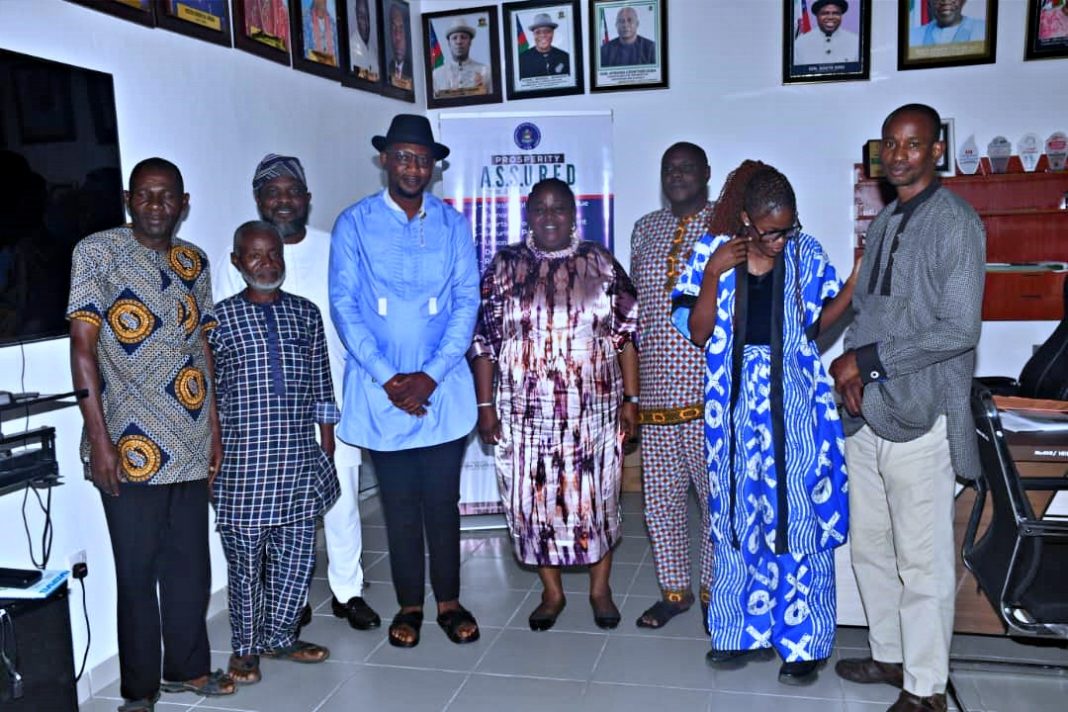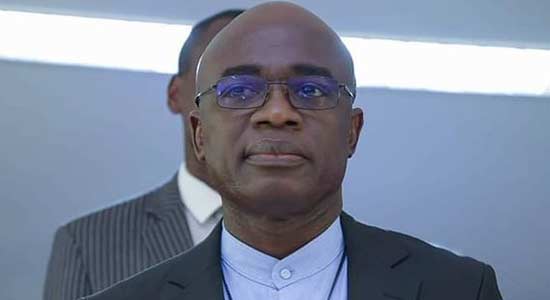Climate change is rapidly reshaping the landscape and lives of people in northeastern Nigeria, particularly in Borno, Yobe, and Adamawa states. These regions are facing intensifying environmental and humanitarian crises marked by rising temperatures, erratic rainfall, persistent droughts, and catastrophic floods. As climate variability deepens, the implications for agriculture, livelihoods, security, and health are becoming increasingly severe.
Between 2014 and 2024, Borno State experienced a significant rise in average temperatures—from 31.5°C to as high as 40.1°C. The impacts of this shift became tragically evident in September 2024, when the collapse of the Alau Dam due to heavy rains led to widespread flooding. Over 70% of Maiduguri was submerged, displacing an estimated 419,000 people and claiming at least 150 lives. The deluge destroyed over 32,000 homes and damaged 16,489 hectares of farmland, delivering a harsh blow to the state’s already fragile agricultural sector and exacerbating food insecurity.
Yobe State has not been spared. Recurrent extreme weather events—severe thunderstorms, heavy rains, and violent windstorms—have caused substantial damage to homes, schools, and roads. In 2022 alone, 31,262 households were affected, resulting in 72 fatalities and over 200 injuries. Long-term studies indicate a steady increase in temperature and declining precipitation, particularly in areas such as Nguru, where rivers are shrinking and groundwater tables are falling. The combination of desertification, driven by deforestation for firewood, and periodic droughts has exposed communities to increasing environmental degradation and wind erosion.
Reports from the Nigerian Meteorological Agency (NiMet) and the FUDMA Journal of Science have underscored the severity of these changes. In 2020, NiMet recorded temperatures exceeding 45°C in Maiduguri and Potiskum, while Yobe State endured over 80 days of temperatures above 40°C. FUDMA’s 2022 research also confirmed that prolonged drought conditions intensified the frequency and intensity of heatwaves, directly linking them to climate change.
In Adamawa State, climate impacts have also been devastating. In September 2022, torrential rains and overflowing rivers triggered floods that inundated over 30,000 square kilometers, displacing 131,638 people and submerging 153 communities. The floods led to at least 35 deaths and inflicted serious damage on infrastructure and farmland. A year later, the release of water from Cameroon’s Lagdo Dam caused renewed flooding, affecting over 88,000 households and resulting in 33 more fatalities. These recurring disasters reflect the region’s deepening vulnerability to climate-related emergencies.
Beyond environmental devastation, climate change is intensifying social tensions. Shrinking water bodies and arable land have led to increased clashes between farmers and herders competing for limited resources. In both Borno and Adamawa, climate-induced displacement has forced thousands into internally displaced persons (IDP) camps. These camps often suffer from overcrowding, insecurity, and resource shortages, creating fertile ground for extremist recruitment and radicalization. As food scarcity and unemployment worsen, social unrest and criminal activities have surged, further fueling the ongoing Boko Haram insurgency.
In response, both governmental and non-governmental actors have initiated climate adaptation and mitigation efforts. The governments of Borno and Yobe have launched ambitious tree-planting campaigns, aiming to plant 10 million trees to combat desertification, reduce wind erosion, and restore ecological balance. Borno State has also introduced comprehensive climate adaptation strategies, while Yobe established the Yobe Erosion Control and Climate Change Council (YECCC) to coordinate climate resilience initiatives. Non-governmental organizations such as the Jesuit Refugee Service (JRS) and the Rural Women Energy Security (RUWES) program have been active in training communities on climate-smart agriculture, renewable energy usage, and sustainable farming techniques. These initiatives aim to build community resilience and reduce reliance on environmentally harmful practices.
Despite these efforts, the scale of the crisis requires more structured and sustainable action. Experts recommend a three-tiered strategy:
Short-Term (1–2 years): The government should immediately promote and subsidize drought-resistant and climate-resilient crop varieties suited to arid environments. Expansion of climate education and awareness programs focused on climate-smart agriculture, water conservation, and basic food preservation techniques is essential. Emergency interventions—including mobile health clinics, water purification systems, and sanitation kits—must be deployed in flood-affected areas to prevent disease outbreaks such as cholera. Cash-for-work programs focused on reforestation, dam repairs, and infrastructure projects could simultaneously tackle unemployment and environmental degradation.
Medium-Term (2–5 years): Water resource management infrastructure should be improved through investments in small-scale irrigation systems, rainwater harvesting structures, and dam rehabilitation. Strengthening agricultural extension services and training farmers in improved techniques will bolster productivity and resilience. Community-led land restoration projects can enhance biodiversity and improve microclimates, while developing rural markets and value chains will ensure access to inputs and better product sales. Vocational training in alternative income-generating activities is also crucial to reducing vulnerability among IDPs and curbing insurgent recruitment.
Long-Term (5+ years): The establishment of research centers focused on developing heat-, drought-, and pest-resistant crop varieties is imperative. Promoting agricultural mechanization and the adoption of solar-powered irrigation systems can transform productivity in the region. Comprehensive water management plans should be developed for key river basins such as the Yobe and Chari-Logone. Furthermore, climate adaptation should be institutionalized in state and regional development plans, with dedicated agencies coordinating multi-sectoral responses. Finally, embedding climate change education in school curricula and community learning programs will help cultivate a new generation capable of addressing climate risks proactively.
In conclusion as climate change continues to redefine northeastern Nigeria’s future, the path forward requires coordinated action, sustained investment, and community empowerment. Without robust intervention, the region risks facing an escalating cycle of poverty, displacement, and insecurity.
By Annabell Adamate, a student, a student of the National Open University of Nigeria (NOUN), currently undergoing internship at the Institute for Peace and Conflict Resolution (IPCR). Ministry of Foreign Affairs Abuja, can be reached through: adamateannabell@gmail.com





